Q: Who can benefit from H-E-A-L-T-H’s forms of therapy modalities?
A: Anyone looking to enhance their life experience can benefit from this form of therapy—regardless of whether you have a prior interest in horses or have been apprehensive about them. One of the most important aspects of the therapy is how you respond to the presence of a horse. Simply being with them can bring out distinctive qualities in ourselves, revealing aspects of our behaviour and emotions we may not have recognised before. Horses offer a healing environment that allows you to simply be yourself, encouraging self-exploration and personal discovery.
For those seeking clarity, direction, or insight, this therapy can serve as a resource and guidance tool. It also provides a deeply therapeutic experience. Studies and clinical research have demonstrated the efficacy of Equine Assisted Mental Health therapy, particularly for individuals coping with Post-Traumatic Stress Disorder (PTSD), war veterans, survivors of abuse and trauma, and those battling eating disorders.
Q: What can I expect in a session?
A: Throughout your session, you can expect to feel both safe and supported, not only by Deborah but also by the horses, who are present to assist you. Deborah will thoughtfully guide you through the session.
Together, you will explore your therapeutic goals at a pace that feels comfortable for you, with your needs as the focus of the session. You will be introduced to the horses alongside Deborah and activities may include grooming, leading, playing, or simply spending time with the horses. You can also choose to engage with the horses from outside the paddock, allowing you to explore at your own pace. Your comfort and safety is of the highest priority.
Sessions will be held outdoors, offering a natural environment and one or more horses will be involved. The horses are specially trained to be calm and safe. Through your experience, you will come to understand the unique, authentic contribution they make to the therapeutic process.
Q: Do I need to have experience with horses?
A: No, not at all. You will be guided and kept safe at all times.
Q: What can equine therapy give to me, why work with horses?
A: Horses thrive on authentic connections and respond to the energy of those around them, creating an environment where we feel safe to embrace our true selves. Naturally grounded, attuned, and present, horses inspire us to mirror these qualities. They value trust and cooperation within their herd, and this can extend to their interactions with humans as well. Horses are highly sensitive to people’s emotions and use this awareness to guide their behaviour.
In the presence of horses, we are invited to align with our true nature and explore new experiences free from judgment. They offer immediate, unbiased feedback in response to our actions and choices, allowing us to reflect and learn.
Because horses are experts in reading body language and sensing emotions, they interact with each person as a unique individual. This dynamic creates a powerful opportunity for self-discovery and an understanding of the patterns we form in our relationships.
The quiet, nonverbal nature of horses ensures that working with them is an experiential process that is both creative and deeply genuine.
Q: I already see a psychiatrist/psychologist/occupational therapist/other organisation for addiction, gambling, eating disorder, can I still see you?
A: Absolutely. With your consent, I would be happy to collaborate with any other support teams involved in your care, in order to provide you with a personalised, holistic approach that prioritises your individual needs.
Q: How long is a session?
A: The initial session is 90 minutes, to allow time to get to know you a bit and complete an intake form. All further sessions will be 60 minutes.
Q: What do I need to bring with me to equine or nature-based counselling sessions?
A: Comfortable enclosed shoes for safety. For sun protection, long sleeves, hat and sunscreen is recommended. Water bottle and just your wonderful self.

